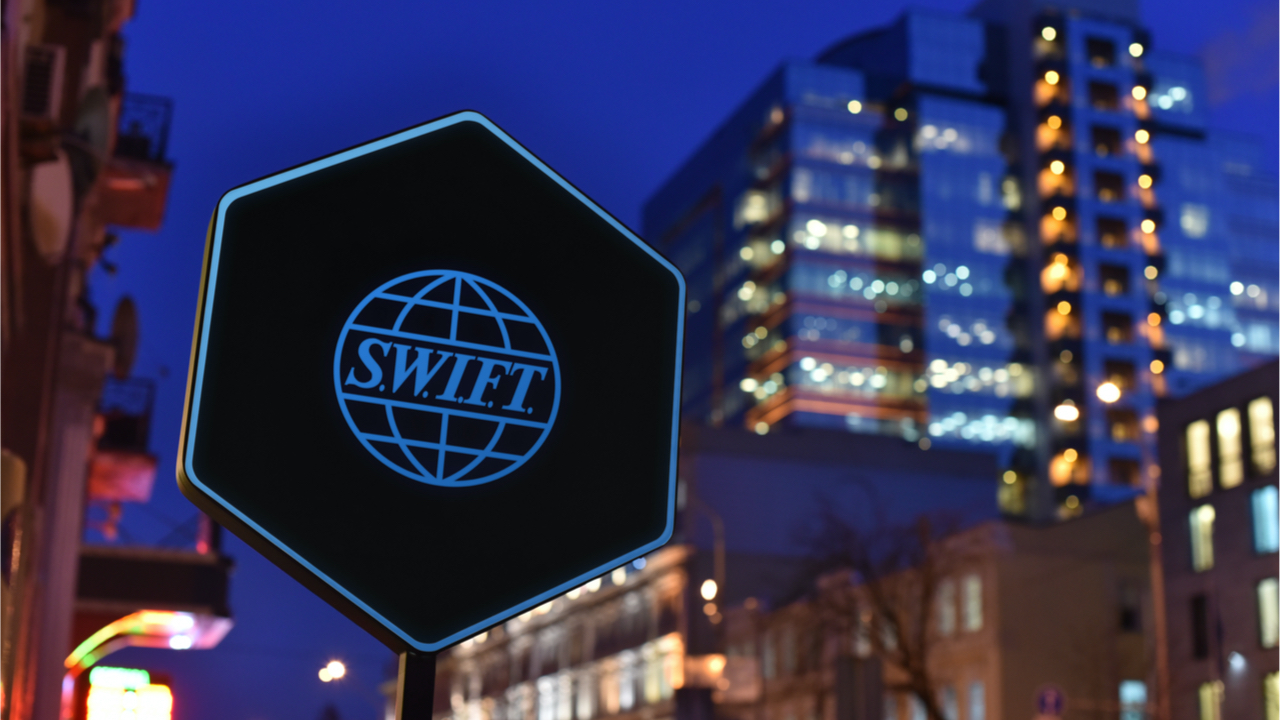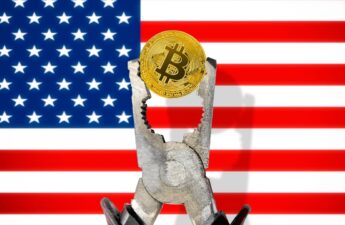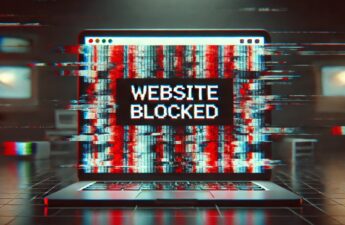SWIFT, the Belgian-based cooperative that serves as an intermediary and settlement executor of financial transactions between banks worldwide is planning to experiment with asset tokenization in 2022. In a blog post about the subject, SWIFT notes that it will be working with firms like Clearstream, Northern Trust, and SETL to explore “the feasibility and benefits” of using SWIFT as an interconnector to tokenization platforms.
Financial Intermediary SWIFT to Be Used as a Tokenization Interconnector
The Society for Worldwide Interbank Financial Telecommunication (SWIFT), has been studying cryptocurrencies and blockchain technology for quite some time. For instance, SWIFT published a report in September 2020, that noted criminals preferred cash for money laundering in contrast to using crypto for illicit transactions. Over a year later, SWIFT is still focused on this technology and revealed in a blog post published on December 1, that it was participating in an asset tokenization test in 2022. The announcement states:
Working with Clearstream, Northern Trust, SETL and others, SWIFT plans experiments in Q1 2022 to explore how it can support interoperability in the development of the tokenised asset market.
SWIFT’s Report Highlights Estimates That Say Crypto Assets Could Grow to $24 Trillion by 2027
SWIFT’s report has a lot of predictions and insights strewn throughout the research. The organization explains by some estimates, crypto assets, stablecoins, and tokenized assets could swell to volumes of around “24 trillion USD by 2027.” SWIFT understands that tokenized assets can apply to nearly anything and they can be fractionalized as well. Essentially, tokenized assets can help bolster liquidity and enable accessibility worldwide to those who could otherwise not obtain these types of assets.
“Tokenisation,” SWIFT’s report further notes. “Can be applied to stocks and bonds, but also to illiquid assets, including commodities, property, or even art. For example, a share or bond with a high value per unit (say over $500) can be divided into digital pieces that each have ownership and value. This increases the liquidity of the overall asset, and accessibility, by enabling a wider demographic of people to invest in assets that may historically have been unavailable to them.”
The plans for Q1 2022, will entail researching and leveraging tokenization for traditional assets, securities, and other types of market infrastructures. “SETL and Northern Trust will support SWIFT and the participants in the integration between the various DLT environments and with transaction orchestrations using their respective capabilities. Results of the experiments will be shared with the financial community afterward,” SWIFT’s report concludes. Moreover, Vikesh Patel, the head of securities strategy at SWIFT highlighted that the organization wants to create an instant and frictionless system.
“Our vision for instant and frictionless transactions not only applies to traditional securities instruments but also to new asset classes as well,” Patel said in a statement. “The insights from this exercise with leading capital markets participants will help us define and prioritise the concrete steps required to enable seamless processes for tokenised assets.”
Tags in this story
Art, Blockchain, Blockchain tech, bonds, Clearstream, collectibles, DLT, Finance, Fintech, Northern Trust, Q1 2022, SETL, Settlement, Swift, SWIFT tokenization, testing tokenization, tokenization concepts, tokenize, Vikesh Patel
What do you think about SWIFT testing tokenization concepts in 2022? Let us know what you think about this subject in the comments section below.
![]()
Jamie Redman
Image Credits: Shutterstock, Pixabay, Wiki Commons
Disclaimer: This article is for informational purposes only. It is not a direct offer or solicitation of an offer to buy or sell, or a recommendation or endorsement of any products, services, or companies. Bitcoin.com does not provide investment, tax, legal, or accounting advice. Neither the company nor the author is responsible, directly or indirectly, for any damage or loss caused or alleged to be caused by or in connection with the use of or reliance on any content, goods or services mentioned in this article.



